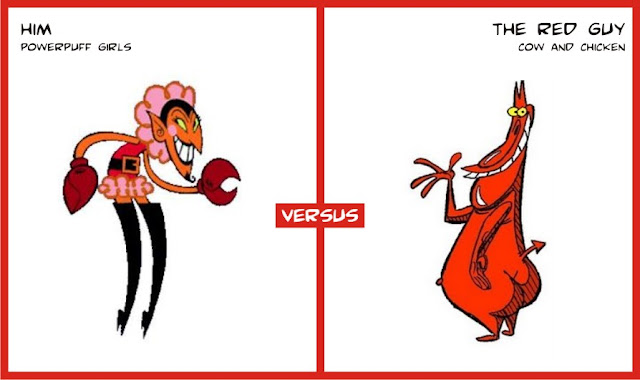Mindfulness versus Buddhism
As I started with mindfulness I have studied Buddhism more seriously than before.
And I have found that there are different types of Buddhism. Not only Hinayana and Mahayana.
Perhaps there are the same amount of Buddhism as there are Buddhists - it´s a question of personality...
But the practise of mindfulness becomes very superficial if you don't consider it´s ground; Buddhism....
I have found the form of Buddhism that Thich Nath Hanh stands for to be very sympathetic. He follows the Mahayana zen- form of Buddhism. It's also named engaged Buddhism, because it's engaged in social things.
He has said that he sometimes has problems with voices from the Buddhistic hierarki.
But I think his teachings are very near the initial teachings from Buddha himself.
The teachings are very radical and not so easy to understand if you not have meditated.
Words like "emptiness", "interrelation", "nonattachment" and "nonself" becomes very strange if you don't practise meditation and try to live your whole life in a mindfulness way.
The words are not the things, words and concepts should in fact be swept away, according to Buddha. He never speculated much about metaphysics. But he spoke about the eightfold way to avoid suffering.
And science today cannot say that he was wrong, instead tests shows that people that have practised mindfulness (one of the eight ways) have become more satisfied and people that have been depressed will more seldom have new periods of depression.
But you have to practise every day - at least 20 minutes, the longer the better....
But what about a word as attachment? Should you not be attached to anything?
A way to look at it is; if everything in a absolute way everything is connected; " everything is one", than you already are everything: You don't have to be attached to, for instance, another person, because you are already that person....
But Buddha also pointed out that, although this is an absolute truth, the monks have to live in the ordinary life. with it's relative truths.
Things are not what they seems to be, but we have to behave as they are real.
Buddha pointed out that you can follow the middle path. The best is to be a monk or nun, but you can live as as a layman and follow the eightfold way.
An example of the middle way is se view that everything is interconnected; there are no separated selves. That view is in the middle between nihilism and permanence.
But is it possible to avoid suffering? Perhaps not; also Buddha had to die, probably bye eating bad food.
Also a seemingly satisfied person as Thich Nhat Hanh, says that he sometimes feel sorrow, but he means that he doesn't become overwhelmed buy it.
He also means that Nirvana is to be in the here and now.... Then you can handle suffering, that can be an aching body but also dark thoughts....
But you don't have to be a Buddhist to be in the here and now....
For me it's better to call myself a nonreligious person, but with a spiritual view...
The riots in Burma, where Buddhist people have killed Muslims shows that it can be dangerous to identify yourself with a religion.
One last thought; Thich Nhat Hanh says that you need a Sangha to practise mindfulness, then you will have help and inspiration from other people with similar views. That is probably what I need. Not a religious Sangha, but a spiritual..
Namaste!



Comments
Post a Comment